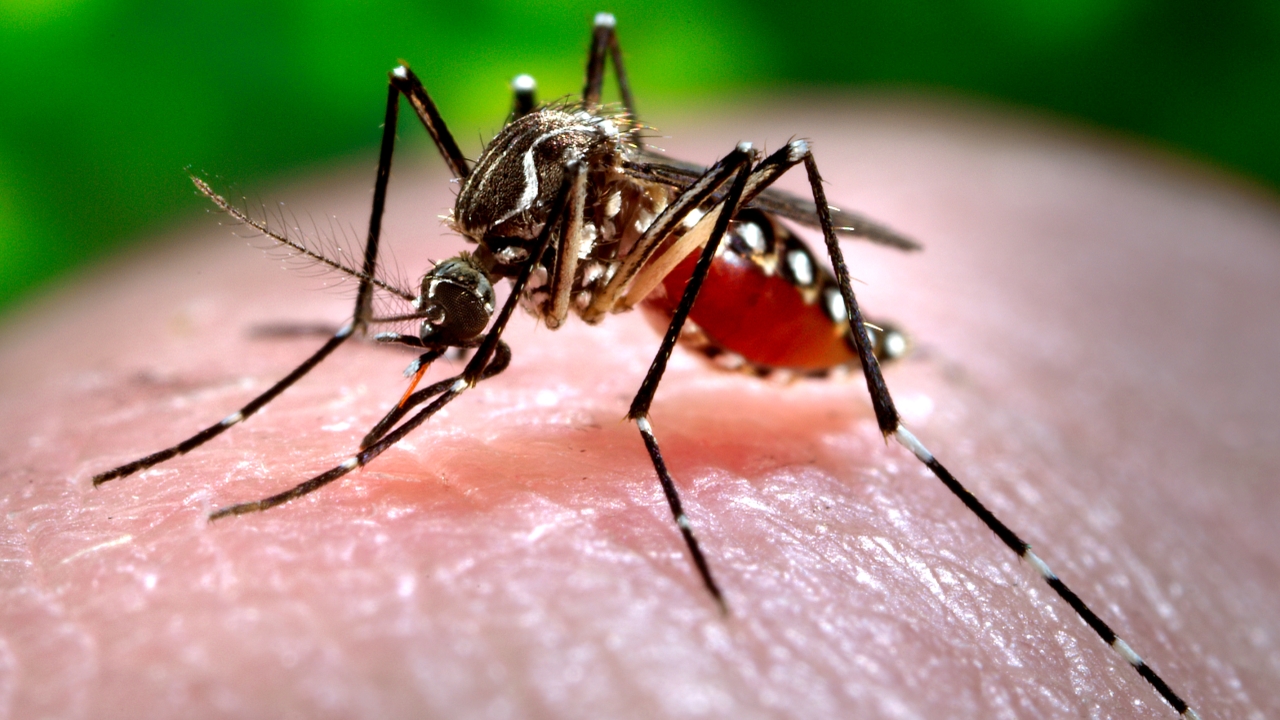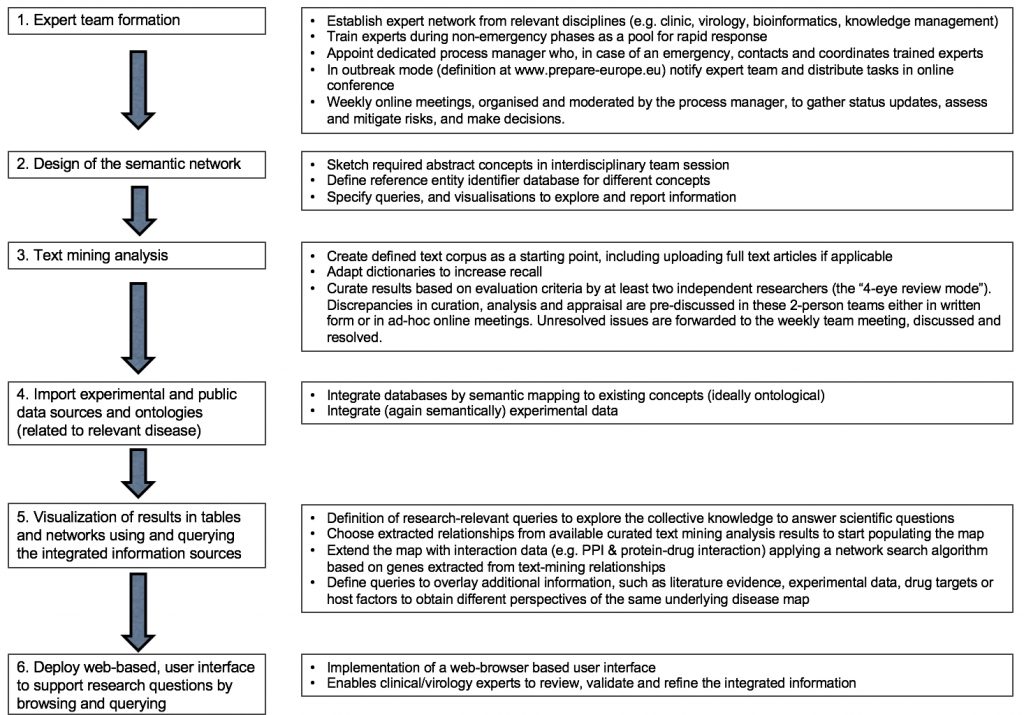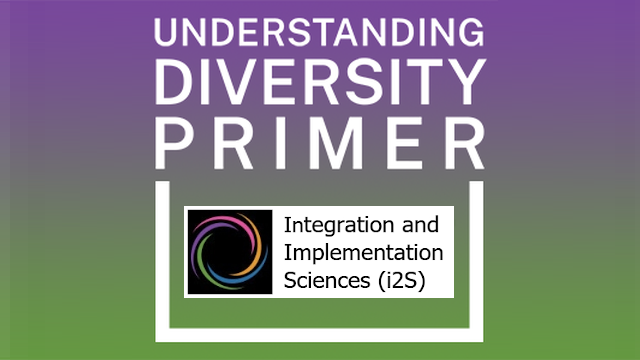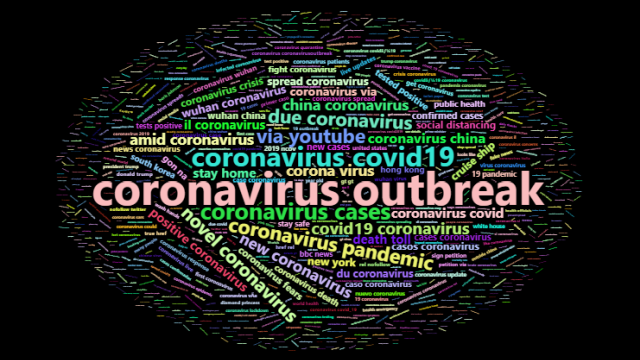
Informing timely epidemic research responses through knowledge management
This article is part of a series of articles exploring the COVID-19 coronavirus pandemic from a knowledge management perspective.
In a previous RealKM Magazine article, I reported on efforts to reconfigure behavioural science to be able to quickly and reliably deliver an evidence base when a major crisis such as the current COVID-19 coronavirus pandemic emerges.
A new preprint paper1 looks at the similar need for a rapid response in regard to an aspect of science even more critical to the management of a pandemic – the compilation of existing pathophysiological knowledge to inform research priorities guiding basic and clinical research. Pathophysiology2 is the study of the disordered physiological processes that cause, result from, or are otherwise associated with a disease or injury.
The preprint authors advise that in case of an emerging epidemic, public health and research responses are typically hampered by a lack of structured, curated, and actionable knowledge. In response, they use the case study of the Zika virus outbreak to describe an approach to knowledge extraction and mapping that can quickly provide an overview of existing and missing information if done by a dedicated and trained group of experts.
Zika virus3 disease is caused by a virus transmitted by mosquitoes. Symptoms are generally mild, and most people do not develop symptoms. However, Zika virus infection during pregnancy can cause birth defects, and is also associated with other complications including preterm birth and miscarriage. There is also an increased risk of neurologic complications associated with Zika virus infection. A Zika virus epidemic4 occurred in 2015-16.
A rapid but pragmatic approach
The preprint authors alert that the developed workflow does not follow formal expert consensus seeking processes, such as Delphi, systematic literature review processes such as Cochrane and PRISMA5, or medical guideline related processes, as these processes are not compatible with the need for speed during emerging epidemics. Nevertheless, the workflow adopts several important aspects of good practice: it is systematic, independent and transparent, provides evidence for all integrated information and uses appropriate quality criteria. Combined with the software tools employed in the process, this pragmatic approach enabled much faster knowledge generation than more traditional methods.
The tools employed in the workflow process need to be able to semantically integrate disparate structured resources of heterogeneous data with ease. However, much of the knowledge that represents scientific research advancements is locked within the unstructured text of classical publications, such as journal articles, newsfeeds or free-form web publications. The sheer volume of this published information grows constantly and exponentially and, for the most active areas of research, far exceeds the capacity of individual scientists and medical doctors to identify and read all relevant articles.
Literature mining, a well-established technology to extract meaningful information from text, provides valuable assistance in structuring the massive amounts of text data and, therefore, is an indispensable tool in the process of guidance generation. However, the authors advise that a pre-requisite for analysis that distinguishes the Zika KnowledgeBase (ZikaKB) from text mining-only solutions or databases dedicated to specific questions is the dynamic integration of objects and the relationships they participate in that are present in the literature.
The ZikaKB workflow

Applying the workflow to COVID-19
In the light of the current COVID-19 pandemic, the authors are now applying the described workflow to SARS-CoV-26 and other coronaviruses, and will make the developed resource available.
Article source: Informing epidemic (research) responses in a timely fashion by knowledge management – a Zika virus use case, CC BY 4.0.
Header image source: Public Health Image Library, Public Domain.
References and notes:
- Bauch, A. et al. (2020). “Informing Epidemic (Research) Responses in a Timely Fashion by Knowledge Management – a Zika Virus Use Case.” BioRxiv, Apr. 2020, www.biorxiv.org, doi:10.1101/2020.04.17.044743. ↩
- Wikipedia, CC BY-SA 3.0. ↩
- World Health Organisation (WHO) Zika virus fact sheet. ↩
- Wikipedia, CC BY-SA 3.0. ↩
- Moher, D., Liberati, A., Tetzlaff, J., & Altman, D. G. (2009). Preferred reporting items for systematic reviews and meta-analyses: The PRISMA statement. BMJ, 339: b2535. doi: 10.1136/bmj. b2535. PLoS Medicine, 6(7), e1000097. ↩
- SARS-CoV-2 is the name of the virus, and COVID-19 is the name of the disease caused by the SARS-CoV-2 virus. ↩
Also published on Medium.






